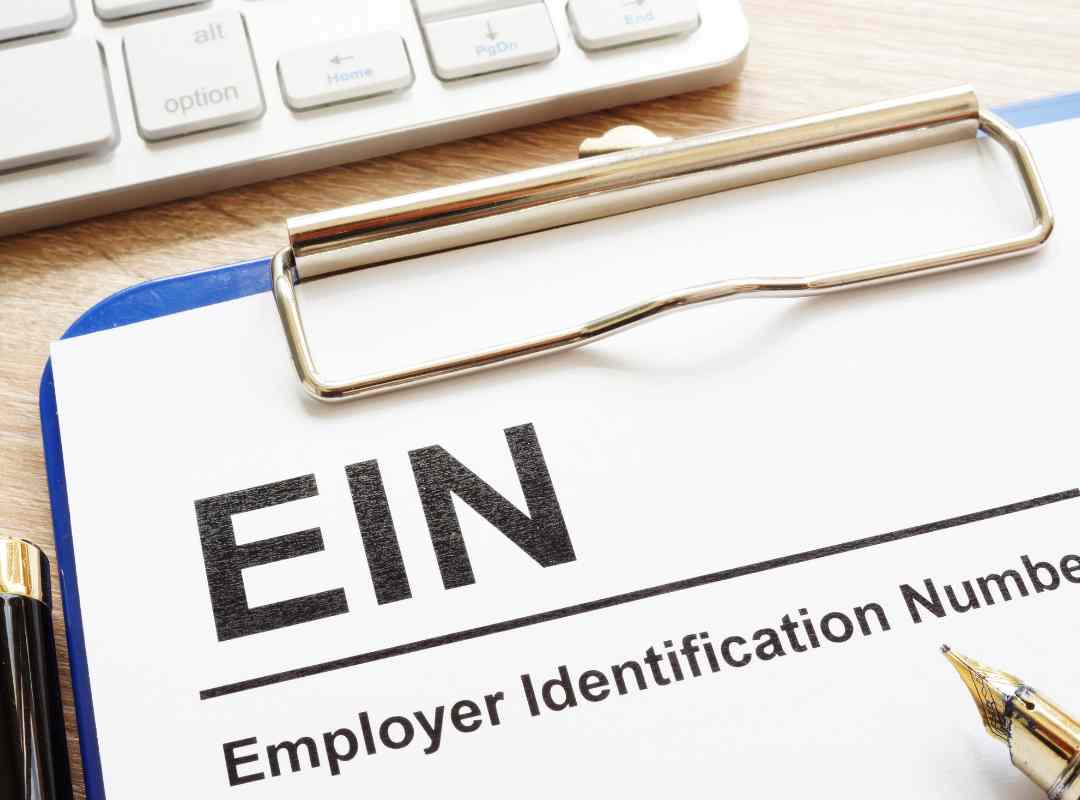Opening a company in the United States is a major achievement for any would-be investor, who seeks to penetrate a healthy and vast economy. Unfortunately, some crucial steps are necessary to complete the decision, including the selection of the correct legal entity type and the knowledge of the legal guidelines of individual states. In the following information, the writer will demonstrate how to establish a U.S. company, follow the regulation of federal and state laws, and lay down a foundation for organizations to thrive in one of the largest economies in the globe.
Let's Talk
 Before establishing a U.S. company, the first thing one is advised to do is to choose the right form of business. The four general classes are corporations, both C corporations and S corporations, limited liability companies or LLCs, and partnership businesses. Both types come with their specific pros and cons in the areas of legal responsibility, taxation, and business maneuverability. For instance, LLCs have more protective characteristics and are more flexible while C corporations are more suitable for business entities within industries or those that seek venture capital and intend to go public.
Before establishing a U.S. company, the first thing one is advised to do is to choose the right form of business. The four general classes are corporations, both C corporations and S corporations, limited liability companies or LLCs, and partnership businesses. Both types come with their specific pros and cons in the areas of legal responsibility, taxation, and business maneuverability. For instance, LLCs have more protective characteristics and are more flexible while C corporations are more suitable for business entities within industries or those that seek venture capital and intend to go public.
- Decide what type of entity it is best to select for a legal entity based on tax issues and functional requirements for your commercial activity.
- Reflect on how each entity type impacts the liability and investment prospects of businesses as well as how they claim it.
After you have determined the type of entity to form, the next aspect to determine as regards the formation of the entity is the state in which it will be incorporated. This decision should be made carefully since some states are unfriendly towards foreign corporations when it comes to taxes, incorporation fees, and necessary compliance with local legislation. For example, Delaware is preferred for its good regulatory environment or easy business laws and especially the effective judicial system for hearing cases related to business conglomerates. Still, you should consider doing so if most of your business will be conducted in another state.
The next significant step is choosing a business name. This name should be unique and could not be the same as another business or similar to the existing business in the states where you want to register your business. You can check this on the internet because most states have an online search where one can search for names of businesses to know if it is available or not. After choosing such a name it would be appropriate to have it registered under a trademark to protect it in the country.
- Search effectively to avoid choosing a name that already belongs to another business.
- Concerning the business name, it is advisable to consider registering it as a trademark to gain protection over the particular name.
Using the Internal Revenue Service or IRS, any formal business must acquire an Employer Identification Number or EIN. This number is simply like a social security number for your business and is needed for tax and identification purposes such as opening a business bank account, and for hiring employees. Like the FUT account, applying for an EIN is quite simple as there is an online tool accessible at the IRS website.

The next level is the preparation of the organizational documents that you want your newly formed business to register with the state. In the case of LLCs, it is referred to as Articles of Organization while for corporations, it goes by the title Articles of Incorporation. These documents contain information on the simplest level of your enterprise, that is, the business name, the business address, and the business owner’s name, or directors. These are the documents required to form a company and once these are submitted and accepted by the state your company is legally formed.
- Organize the paperwork that is required to form an organization and file these documents to your state.
- Adhere to any guidelines or regulations that are evident in different states on the submission of such documents.
Once in the legal structure, tax issues are becoming the next essential point that needs to be transparent and established. This involves subscribing to state and local taxes which may be in the likes of sales tax, payroll tax as well as other relevant taxes that may be determined by the activities of the business and the area of operation. As such, it is advised to seek the advice of a tax consultant to fully grasp all the expenses needed regarding taxation.
Next, it will be helpful to consult the best business bank account that you can use to manage your financial affairs. This will help in the separation of business funds from your funds and will be used in controlling all transactions that concern your business. This split is important for running finances and becomes vital particularly during the preparation of tax returns or in the instance of an actual audit.
- To minimize your exposure to the business, open a business bank account for record keeping.
- Select an institution, which is more favorable for use by businesses, for instance, comprising features like Internet banking and business loans.

Last but not least, it should also be pointed out that compliance is not a one-time measure set when creating a business. Continuing compliance includes filing the annual reports, ensuring that the formation of the business is renewed each year facilitating registration with the state, and being aware of any laws that may change regarding the business formation. It is advisable to always perform a check-up of your business compliance, and ideally, do so with the legal expertise to prevent unpleasant consequences and maintain the good standing of your business.
Therefore, establishing a U.S. Company, for instance, incorporating a U. S. company involves the consideration of several factors, among them being the legal formation of the business, the state of formation, and legal/tax regulations.
Every decision taken should have your strategic and tactical business objectives in mind and need the assistance of financial and legal experts. To emerge and grow the strategies effectively in the context of the outlined steps provides a solid groundwork for the operations of such companies in the U. S. market.
When choosing a firm to work with, the company could do no better than to engage the services of a firm such as ERB-US that offers full financial services this will make certain that all parts of your business incorporation and management are done with the due diligence it deserves.
